We want to play a leading role in the transition to a low carbon economy. That’s why in 2015, ahead of the Paris Agreement, we set ourselves the ambition of becoming carbon positive by 2030. This ambition is a statement of commitment; demonstrating that businesses can commit to a low carbon economy, and that a low carbon economy can be good for business.
By becoming carbon positive, we expect to lower operational cost, improve resilience in our energy supply, attract increasingly carbon conscious investors, and develop a closer relationship with our consumers.
We’re committed to sourcing all our electricity purchased from the grid from renewable sources by 2020 and 100% of our energy across our operations from renewable sources by 2030. This includes directly supporting the generation of more renewable energy than we consume and making the surplus available to the markets and communities where we operate.
Clive Stiff
Chief Executive Officer
Unilever Australia & New Zealand
July 2019
